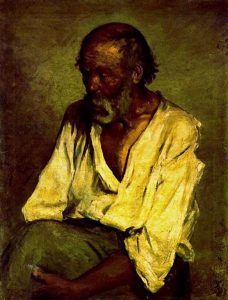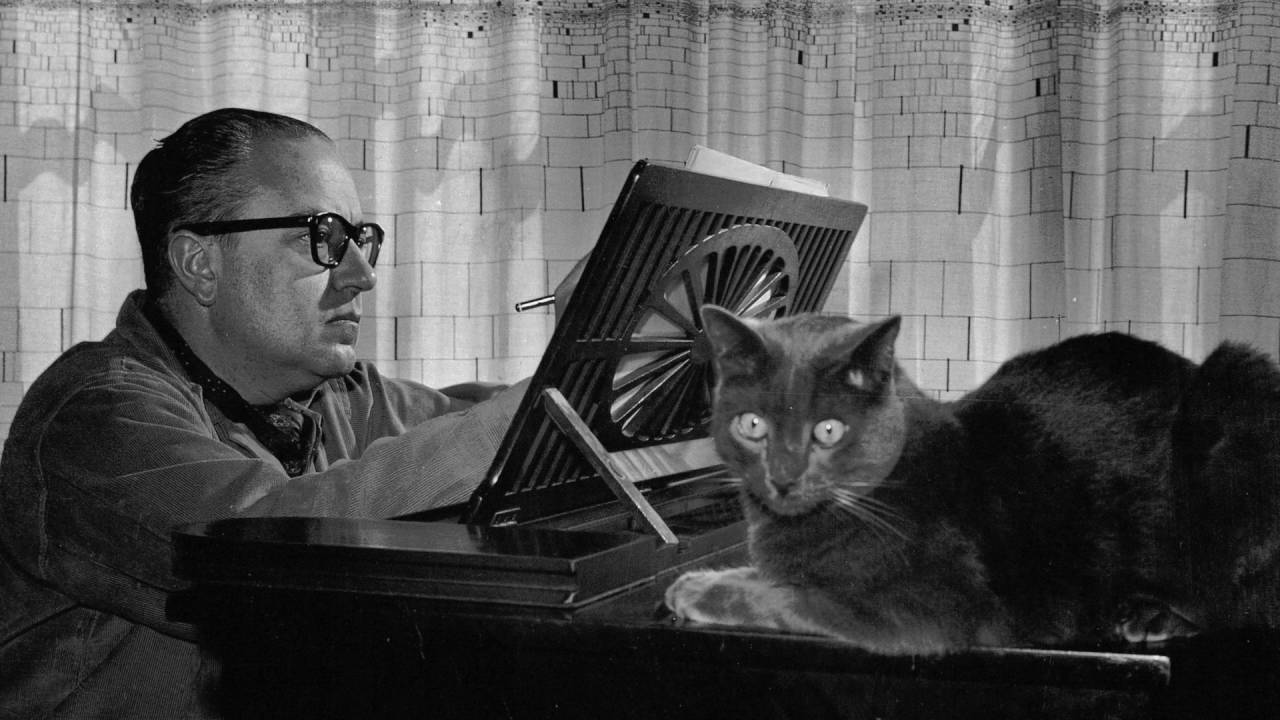Trust. Without trust we can’t believe, and speaking personally, if I don’t believe in something, I’m not going to invest my time in it.
Apropos of music. I cannot tell you how many painful, dreary, mind-numbing, time-wasting concerts of “new music” I have had to sit through in my 65 years. I’m not just talking about music by student composers, but by presumably professional composers as well. When we as a community tossed out traditional tonality at the turn of the twentieth century, we unfortunately tossed out the baby with the bathwater as well, meaning a consistent standard with which to judge a composer’s work. Composers can write any sort of crap they like today and claim that “that’s what I hear” when in fact it’s all they can write because they never bothered to master the craft and learn the repertoire.

For example. Without naming names, I would tell you that I know a youngish composer (mid-thirties) who is having tremendous success with his particular brand of ugliness, which he claims to be a combination of heavy-metal and concert music. The guy couldn’t put together two lines of counterpoint to save his life, which means his music is ugly and charmless by default rather than by choice. Why should this matter? Because matter it does; it matters a lot. If someone wants us to invest our time listening to his or her music – and let’s face it, time is the single most valuable and most irreplaceable thing we possess – then that person damn well better show us that she knows what she’s doing, to the extent that I can believe in his artistic choices and trust him not to waste our time.
Many years ago, when I was still a student, I saw a museum exhibit of Pablo Picasso’s juvenile art: pencil drawings and oils. It was a revelation, not because it was great art but because I understood that by the time the guy was 14 years old he had already pretty much mastered his technique; what remained to be seen was whether he was just a prodigious flash-in-the-pan or a visionary in the making. And while technique isn’t everything (otherwise we’d worship Max Reger as a great composer), a composer cannot write even halfway decent music without it. But back to Picasso. Knowing that he could technically do anything, knowing that he had mastered his craft, we can trust that the experimental art that followed came from a visionary in who we can believe.

Which brings us to the brilliant Argentinian composer Alberto Evaristo Ginastera, who was born in Buenos Aries Argentina on April 11, 1916 and died in Geneva Switzerland on June 25, 1983.… Continue reading on Patreon!
